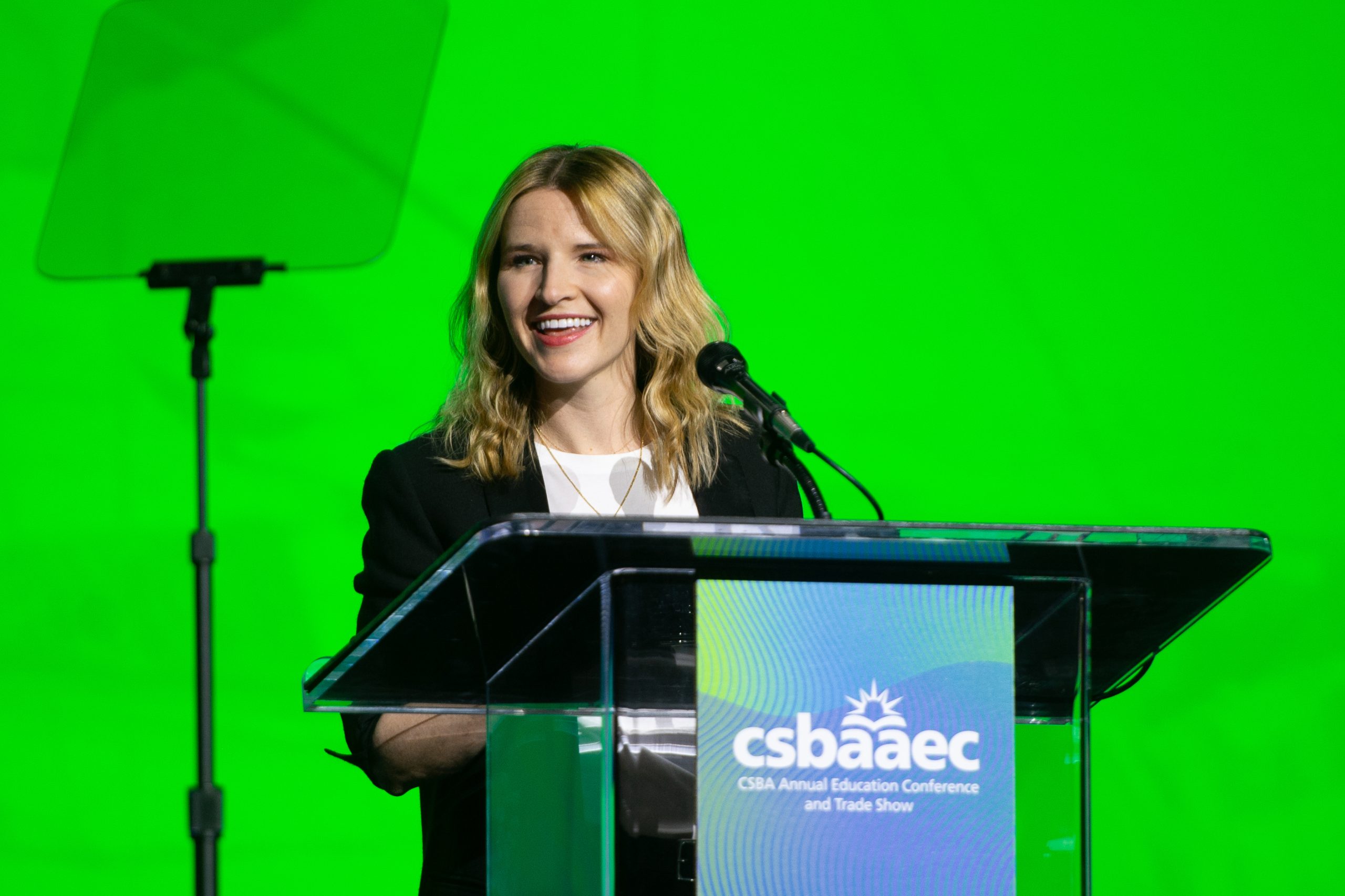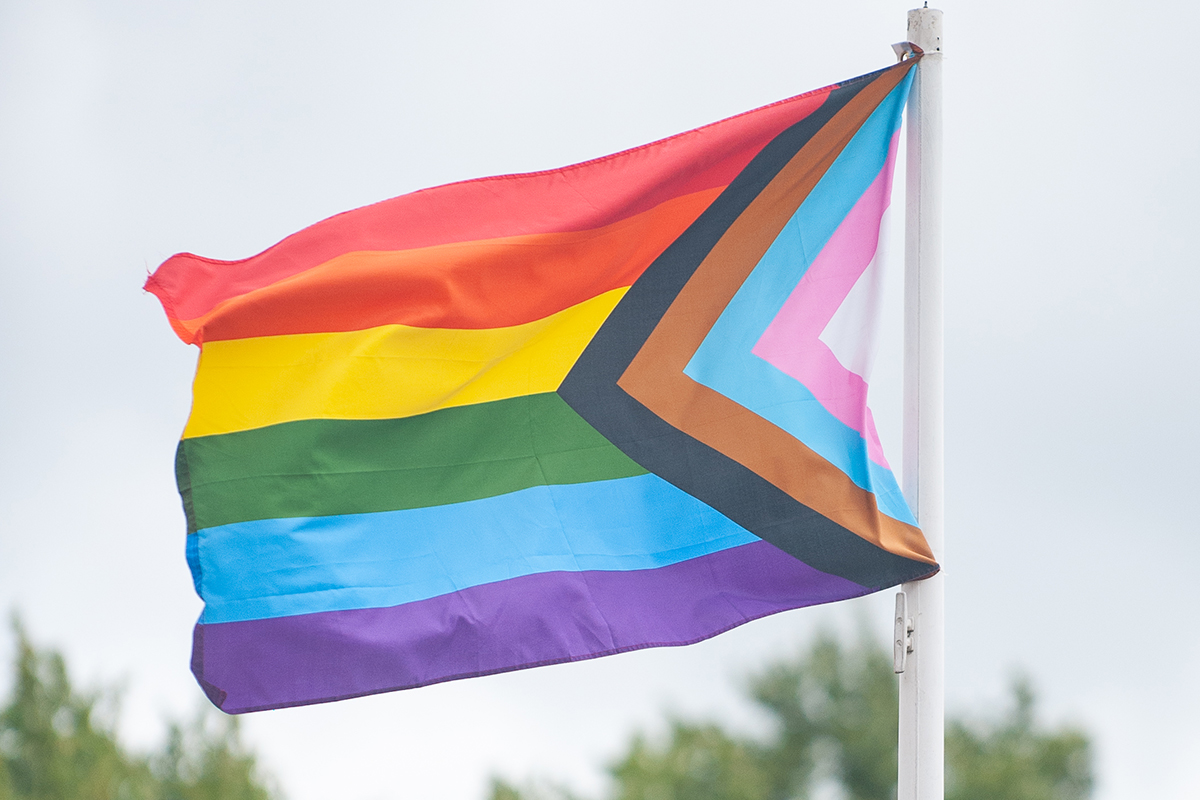Why, after never having set foot in a public school, did Tara Westover leave the only life she’d ever known to work so hard to enroll at Brigham Young University? Because, she told the audience of the Third General Session in defense of extracurriculars, she loved to sing.
That was made evident when Westover orchestrated a group sing along of “Row Row Row Your Boat” to demonstrate how being in sync with the people around you and experiencing that community can release tension and make one feel safe and relaxed — a sense of being children need now more than ever, she said.
“Children grow up in all kinds of households. The data has been clear on this — there are a lot of children who grow up in situations where they don’t feel safe. How do you learn when you’re frightened?” she asked attendees of CSBA’s 2022 Annual Education Conference and Trade Show in December. “You can go to school and it’s these kinds of group activities where we get these connections with other people, where our nervous system syncs with other people through music, or dance or sports.”
Born in Idaho to a father opposed to public education, Westover never attended school. An older brother taught her to read, and the rest of her education was erratic and haphazard. She was 17 the first time she set foot in a classroom. After that first encounter with education, she pursued learning for a decade, graduating magna cum laude from BYU in 2008 and subsequently winning a Gates Cambridge Scholarship. She received an MPhil from Trinity College, Cambridge in 2009 and in 2014 was awarded a PhD in history. In 2018, she published her memoir, Educated, which explores her struggle to reconcile her desire for education and autonomy with her desire to be loyal to her family. Debuting at #1 on the New York Times bestseller list and selling more than 8 million copies, Educated has been translated into 45 languages.
Her experience highlights what it means to educate a person, which can sometimes have “less to do with curriculum than it is about education as a system of care for the mind, for the body — what makes people excited and … actually want to learn,” Westover said, noting that the extracurriculars are key to addressing the whole child.
“I do think education is about not just making a living, I think it’s about making a person. It’s about giving him or her the tools they need to live a richer, fuller life. And I worry that as economic and political pressures mount that we might sand down our idea of what an education is. That we might end up preserving those things that make an individual of use to their employer, but we might lose those things that make that person of use to themselves,” she continued. “Education gave me a way to understand others, and understand my own past, but more than that, it gave me an awareness of my own self and my own life. And the knowledge that the life I was living at that moment was just one of many possible lives — that there could be others.”





